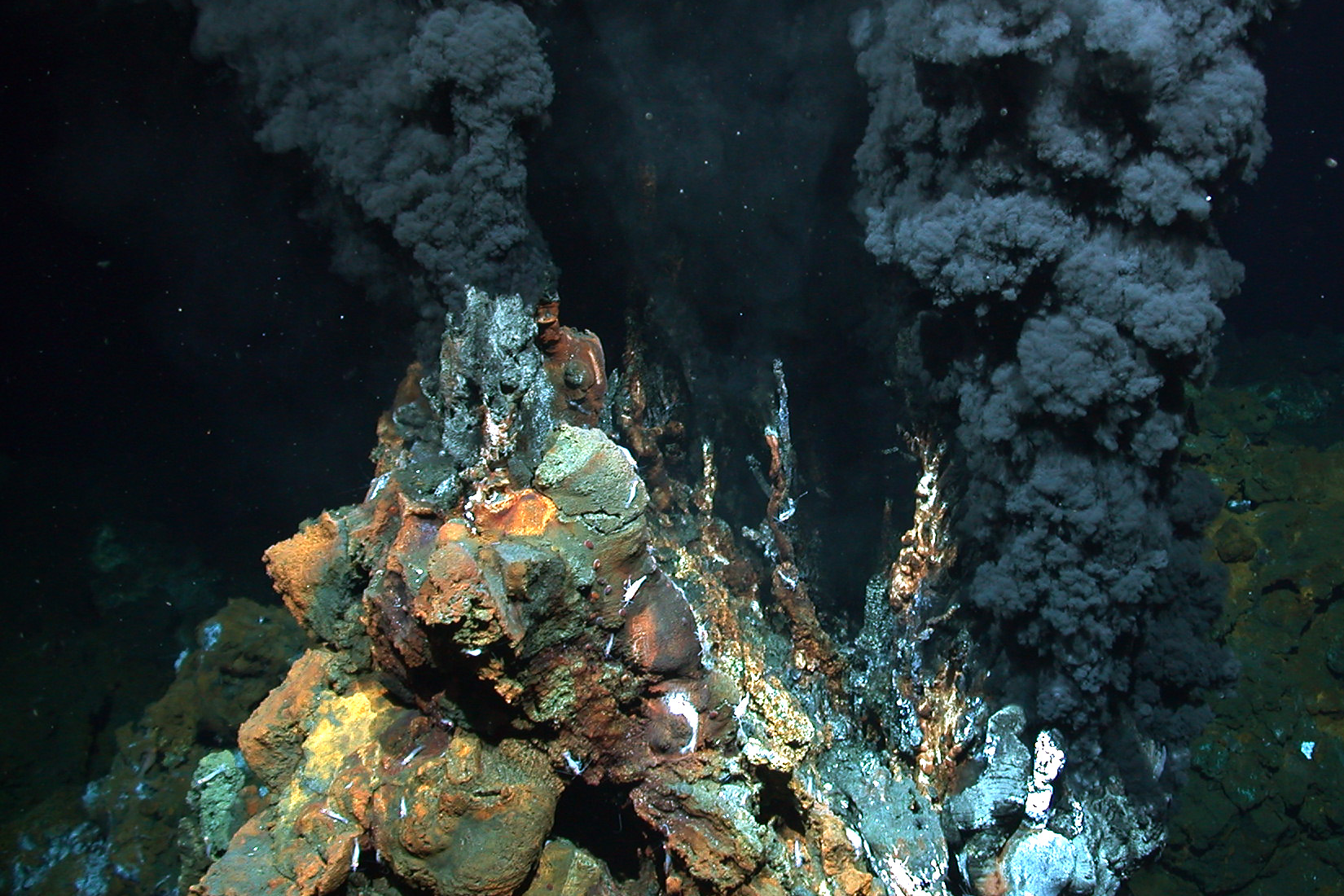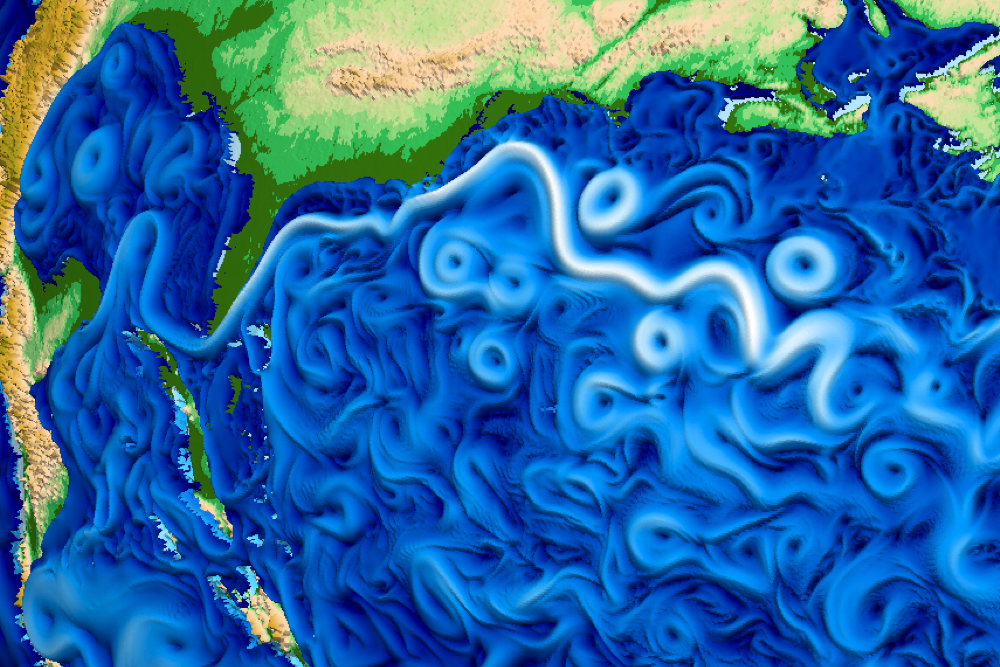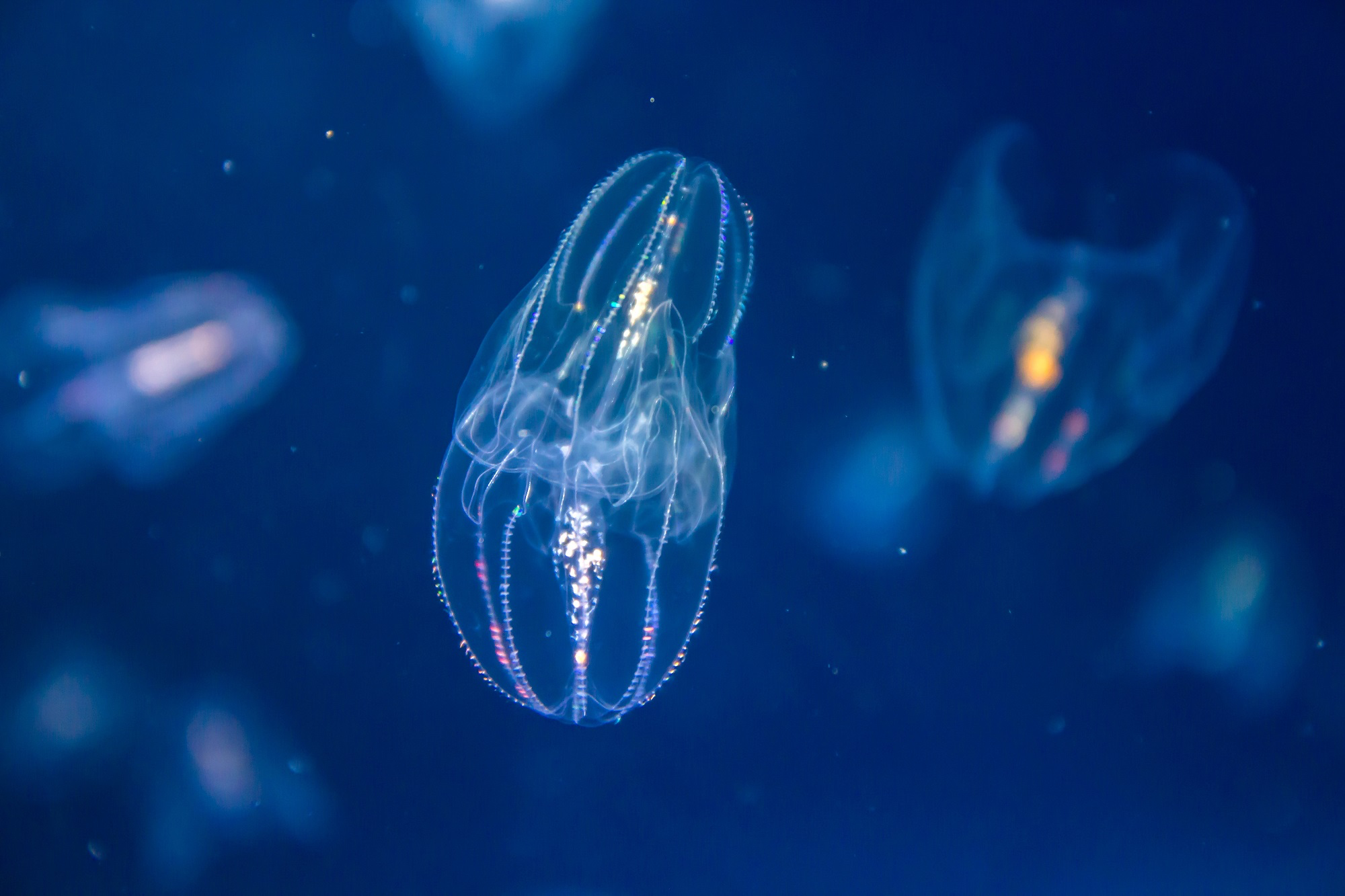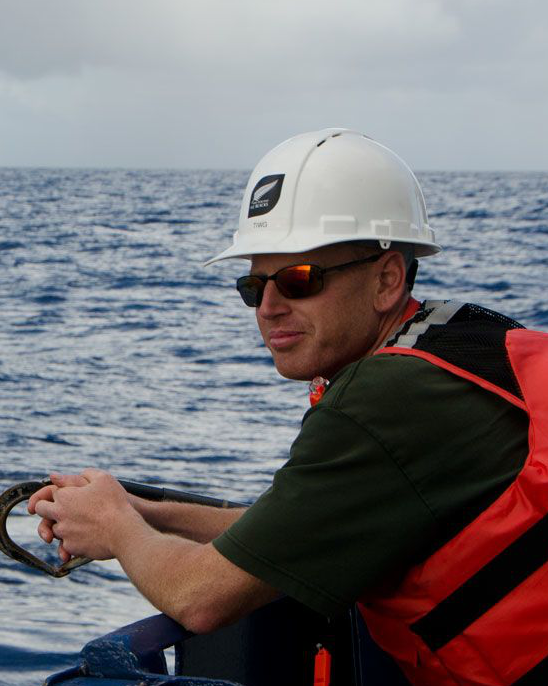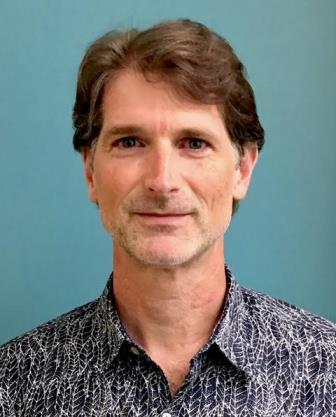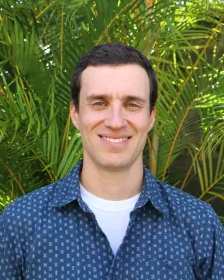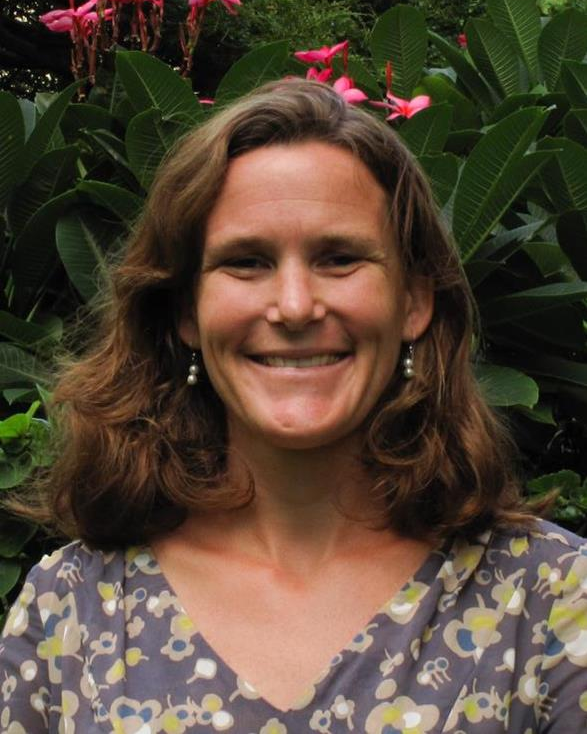Ocean science is for everyone.
In Hawaiʻi, we know the importance of understanding the ocean. The ocean brings weather. It provides food. It's where we go to relax! But understanding the ocean isn't just for people living on islands and coastlines. The ocean affects everyone—whether they know it or not—and ocean science has never been more important due to the ocean's key role in climate change.
OCN 201 is a course designed to bring the wide world of oceanography to students from any background. There are no prerequisites. Just bring your curiosity and appreciation for the ocean. You will learn the basics of ocean science across a wide range of topics and find out how amazing—and often strange!—the ocean is.

Fall 2021 registration information
-
CRN 81455 (MWF 10:30–11:20am), 3 credits
-
CRN 81879 (MWF 12:30–1:20pm), 3 credits
-
Optional lab CRNs: 79859, 81880, 79860, 80827, 80665
UH Mānoa General Education (GE) requirements
-
OCN 201 satisfies the Physical Science GE requirement (DP)
-
The optional lab course (OCN 201L) satisfies the Laboratory GE requirement (DY)
